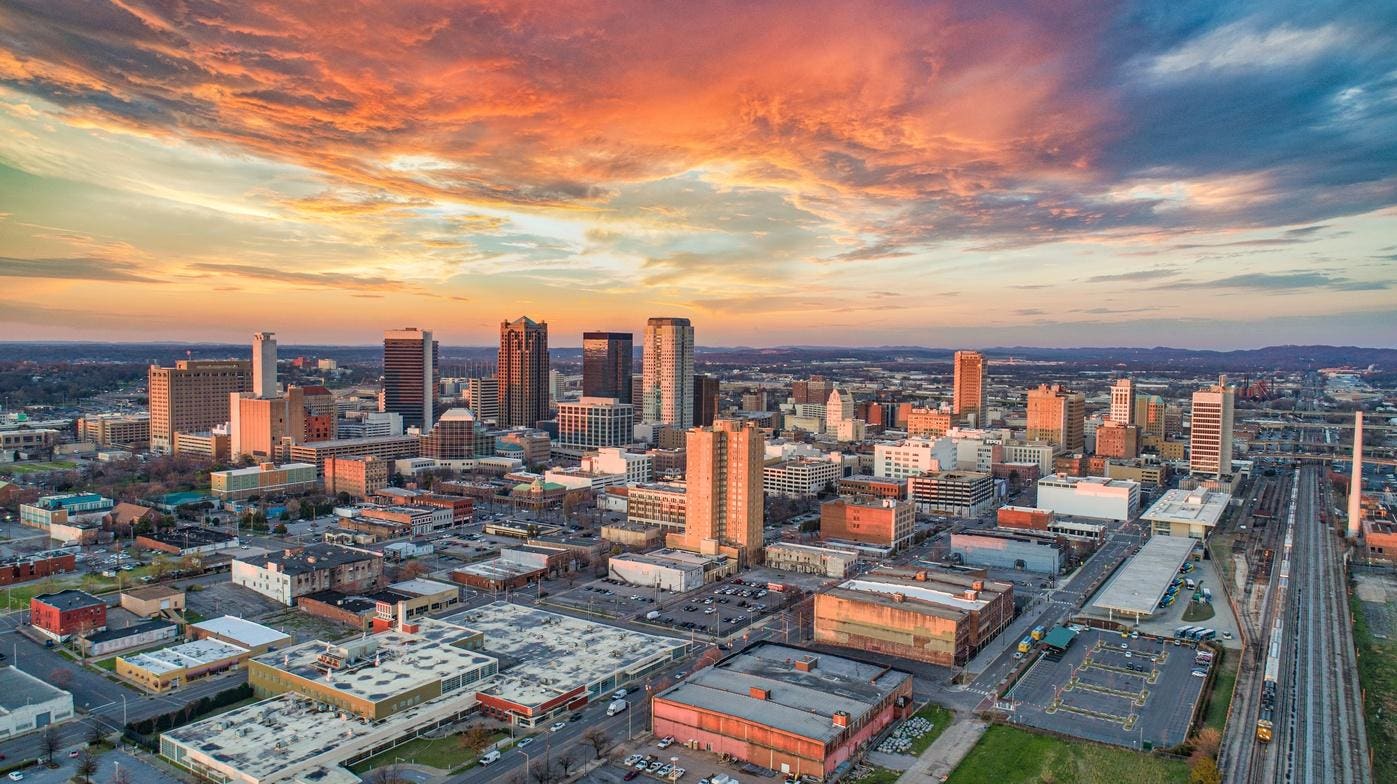Ultimately, Stop and Frisk was illegal fun for the police, a constant harassment of any group police didn't like much, and it didn't work. That's all there is to say about it.
That's a testable assumption:
In the years leading up to the program’s official end, stops had already begun to plummet, leading article after article to claim that a jump in crime was just around the corner. All of the hard work of previous mayors and police chiefs could be undone, some said.
This alarm turned out to be both premature and incorrect, and data from the history of the program indicates this shouldn’t be much of a surprise.
After growing slowly in the early 2000s, stop-and-frisk began to rapidly increase in 2006, when there were 500,000 stops citywide. By 2011 the number peaked at 685,000. It then began to fall, first to 533,000 stops in 2012.
Given this large scale effort, one might expect crime generally, and murder specifically, to increase as stops tapered off between 2012 and 2014. Instead, as shown in Figure 1, the number of murders fell while the number of stops declined. Murder also continued to drop after as stop-and-frisk wound down from its 2011 peak. In fact, the biggest fall in murder rates occurred precisely when the number of stops also fell by a large amount — in 2013.
Nope. Didn't work.
Turns out it is illegal fun for them.
A police officer in New York state has been suspended without pay after a body camera recorded him calling Black people “the worst race,” adding an expletive for emphasis. David Haupt was suspended from Albany police for 30 days on Wednesday, the Albany Times Union reported. Haupt has been on the force since 2016.
A police officer in New York state has been suspended without pay after a body camera recorded him calling Black people “the worst race,” adding an expletive for emphasis

www.nbcnewyork.com
They had no lawful justification for targeting young black males. And, as you see, it didn't work.
It wouldn't be any more pointless than Stop and Frisk turned out to be.
"In fact, the biggest fall in murder rates occurred precisely when the number of stops also fell by a large amount — in 2013."
I get that for some people, "getting tough" is the answer to crime prevention. But we did a large real-world experiment. And it failed to show any effect on crime whatever. Crime actually declined after stops decreased.














